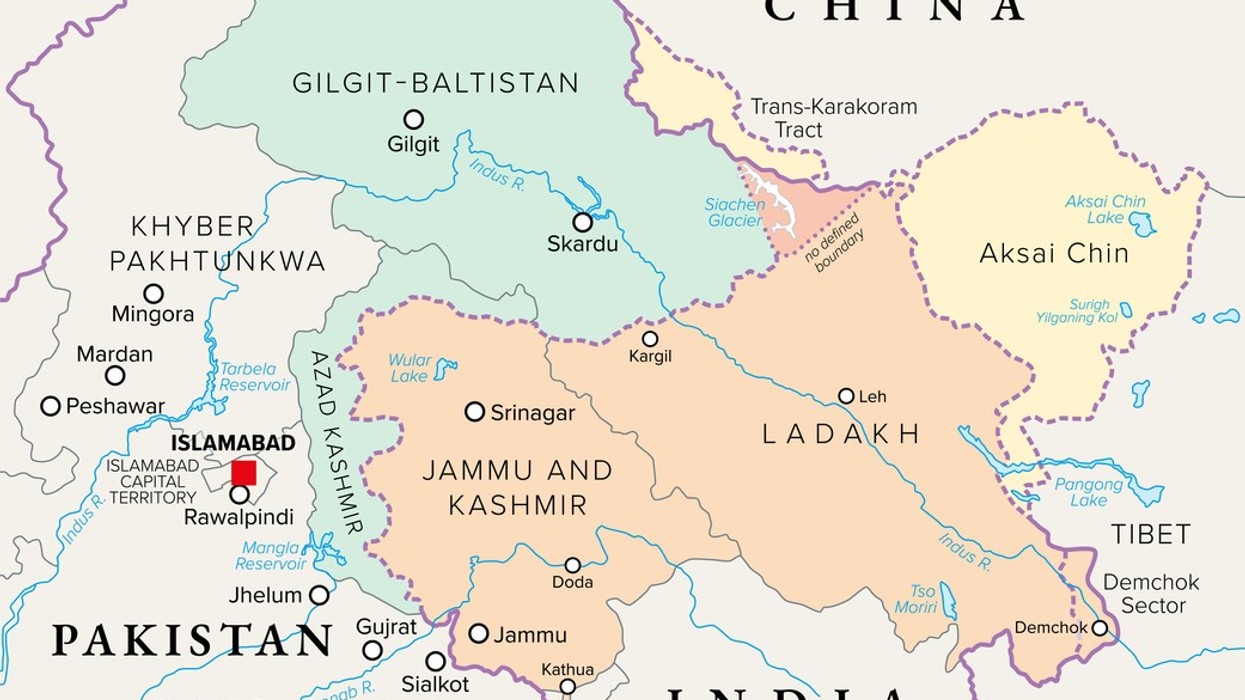Amnesty International has revealed that Pakistan is running a vast surveillance apparatus—one of the most comprehensive outside China—using a combination of phone-tapping systems and an advanced Chinese-built internet firewall. This growing network has been deployed to clamp down on dissent, monitor millions, and censor digital life, creating deep concerns about privacy and freedom of expression.
Monitoring millions: Phone tapping and web censorship
At the heart of Pakistan’s surveillance operation is the Lawful Intercept Management System (LIMS), which, according to Amnesty, enables intelligence agencies to simultaneously monitor at least 4 million mobile connections. This system allows law enforcement to intercept calls and text messages with little oversight. Working in tandem with LIMS is the Web Monitoring System 2.0 (WMS 2.0), a Chinese-engineered internet firewall that can filter and block up to 2 million active internet sessions at once. Together, these tools let authorities track communications and shut down access to websites and social media across the country.
The actual scope of surveillance may be even larger, as all four major telecom operators have been ordered to connect to LIMS. Ben Wagner, a technology and human rights professor in Austria, calls this dual use of phone tapping and web filtering “a troubling development” and a sign that similar threats to privacy and online rights will become more widespread as such tools globalize.
Foreign technology and suppliers
Amnesty’s investigation traced the origins of Pakistan’s surveillance infrastructure to a mix of foreign suppliers. The firewall system was provided by Chinese company Geedge Networks, while hardware and software components come from firms in the US (Niagara Networks), France (Thales), Germany (Utimaco), Canada (Sandvine), and the UAE (Datafusion). The report argues that lax international export controls and inadequate company safeguards have allowed this technology to reach the hands of repressive operators.
Chilling impact on rights and society
The impacts have been most severe in Pakistan’s Balochistan region, where years-long internet blackouts have crippled access to information and hampered activism. Countrywide, about 650,000 web links are currently blocked; YouTube, Facebook, and X (formerly Twitter) are subject to restrictions that stifle debate and isolate critics. Amnesty points to the “chilling effect” of mass surveillance, where fear of monitoring deters ordinary citizens from exercising both online and offline rights.
A 2024 Islamabad High Court case, triggered by leaked private calls from Bushra Bibi (wife of jailed ex-Prime Minister Imran Khan), exposed that mobile operators were mandated to install LIMS for “designated agencies,” despite repeated denials from the defense establishment. Meanwhile, Pakistan’s rankings in global press freedom have continued to fall due to an uptick in detentions and attacks on journalists.
Global consequences and ongoing controversy
Amnesty warns that Pakistan’s model sets a disturbing precedent, showing how democracies with the right (or wrong) tools can rapidly slide toward mass censorship and constant monitoring. Rights groups urge international accountability—and stricter controls over the export of surveillance tech that could threaten liberties around the world.















